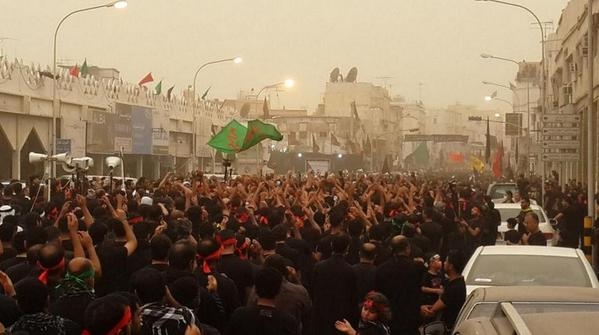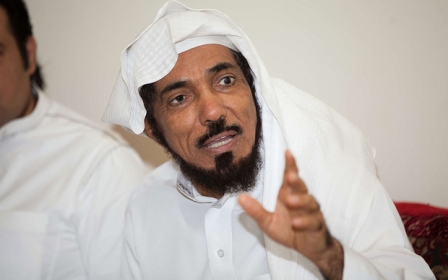Saudi clerics use Twitter, textbooks to spread hate: HRW

Saudi Arabia is condoning hate speech against its Shia minority from the upper echelons of its religious establishment, schoolbooks and social media, Human Rights Watch said on Tuesday.
Saudi clerics, including those holding official positions, have "vigorously employed" 21st century tools, like Twitter, to stoke intolerance among millions of followers, the New York based watchdog said.
Often their words rise to the level of "incitement to hatred or discrimination", it said.
Derogatory statements against Shias made by influential clerics mirror language found in state-sanctioned religious edicts end even children's schoolbooks, which use widely understood terms to castigate Shia religious beliefs, HRW said.
The watchdog cited numerous examples, including a Facebook post in which Al-Sharif Hatem bin Aref al-Awni - a former member of the government's Shura council - hailed the bombing of a Shia mosque in Qatif in 2015.
He later removed the post, without explanation.
Anti-Shia attitudes come from the top, the report said.
In September 2016, the current grand mufti of Saudi Arabia - the country's highest religious authority - told Okaz newspaper that Iranians are "not Muslims", HRW researchers found.
They point out that such designations are dangerous in a country where apostasy can be punishable by death.
HRW said hate speech against Shias has had "fatal consequences" across the region, employed by groups including the Islamic State and al-Qaeda as justification for targeting Shia civilians and religious sites in Syria, Iraq and elsewhere.
"Saudi officials immediately condemned these attacks, but they have not acted to stamp out the hate speech that supports them," HRW said.
On the contrary, Riyadh had on occasions punished those who attempted to unite Sunnis and Shias, and had shut down a committee which was working to unify the Sunni and Shiite lunar calendars.
The US considers Saudi Arabia a country of "particular concern" when it comes to religious persecution, but successive administrations have waived the potential sanctions that come with such a designation.
HRW urged the US, a key Saudi ally, to end the waiver.
New MEE newsletter: Jerusalem Dispatch
Sign up to get the latest insights and analysis on Israel-Palestine, alongside Turkey Unpacked and other MEE newsletters
Middle East Eye delivers independent and unrivalled coverage and analysis of the Middle East, North Africa and beyond. To learn more about republishing this content and the associated fees, please fill out this form. More about MEE can be found here.




